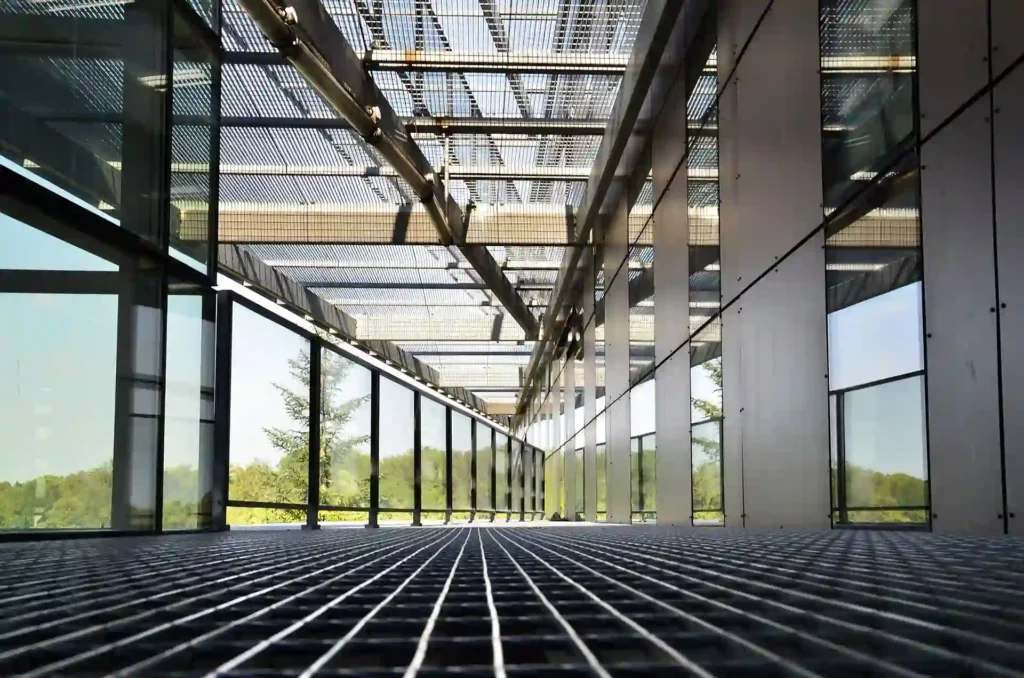
Predictive Maintenance: AI for Efficient Post-Construction Building Management
Once a building is completed, efficient building management becomes crucial to ensure long-term performance, safety, and cost-effectiveness. Traditionally, maintenance has been reactive—addressing issues as they arise. However, AI-driven solution is changing that by enabling predictive maintenance, real-time monitoring, and proactive performance optimization. By leveraging tools like BIM software and building analytics, AI helps facility managers anticipate issues, reduce downtime, and ensure the building operates efficiently throughout its lifecycle.
How Can AI Anticipate Maintenance Needs and Monitor Building Performance After Delivery in Building Management?
AI-driven technologies offer new ways to manage and maintain buildings post-construction, providing insights that allow for predictive and preventive maintenance. Here’s how AI enhances building management:
Real-Time Monitoring of Building Energy Performance
AI-powered systems can monitor a building’s energy performance in real-time, helping to identify inefficiencies and optimize resource use. With BIM software and building analytics, AI can:
- Track energy usage patterns to identify abnormal consumption.
- Use digital illustrations and 3D models to visualize areas of inefficiency.
- Offer real-time reports that allow facility managers to make informed decisions on energy-saving measures.
This real-time monitoring ensures that buildings operate efficiently, saving energy and reducing costs.

Building management systems for efficient design and maintenance.
Automating Maintenance Inspections and Anomaly Detection
AI is revolutionizing maintenance inspections by automating the detection of anomalies. Sensors and AI-driven tools can:
- Perform automated architectural surveys of building infrastructure.
- Use AI-powered construction site monitoring systems to detect structural issues early.
- Utilize image manipulation and image generator tools to provide visual documentation of detected issues.
Automating these inspections reduces the need for manual checks and ensures that potential problems are identified and resolved before they escalate.
Predictive Analysis to Anticipate Preventive Maintenance Needs in Building Management
One of the most significant advantages of AI in building management is its ability to predict when maintenance will be needed. By analyzing data from building analytics, AI can:
- Anticipate wear and tear on building supplies and equipment.
- Provide forecasts for building maintenance, helping facility managers schedule preventive repairs.
- Use interoperability between different systems to ensure that maintenance data is integrated with BIM management platforms.
Predictive analysis prevents unexpected breakdowns and extends the lifespan of building systems and materials.
Monitoring Usage Data to Optimize Building Operations
AI tools can monitor how a building is used over time, providing data that can be used to optimize operations. By leveraging GIS software and building analytics, AI can:
- Track occupancy patterns and usage trends to adjust HVAC, lighting, and other systems for efficiency.
- Use vector generators and video generators to create visual reports that showcase operational improvements.
- Adjust building systems based on usage data to improve comfort and reduce operational costs.
This data-driven approach ensures that buildings are not only energy-efficient but also well-adapted to the needs of occupants.
Intelligent Management of Security and Surveillance Systems
AI plays a crucial role in managing security and surveillance systems post-construction. With AI-powered systems, building management teams can:
- Automate the monitoring of security cameras and surveillance footage, using AI for anomaly detection.
- Integrate virtual assistants to manage access control and security protocols.
- Ensure that security systems are optimized and updated regularly, using AI insights to adapt to new threats.
This intelligent security management enhances safety and reduces the likelihood of breaches or security failures.
Summary
AI is transforming building management by enabling predictive maintenance, real-time monitoring, and intelligent system management. From ensuring energy efficiency to automating maintenance inspections and predicting future needs, AI helps facility managers keep buildings in top condition throughout their lifecycle. Tools such as BIM software, building analytics, and virtual assistants allow for smarter, more proactive approaches to post-construction building management.




